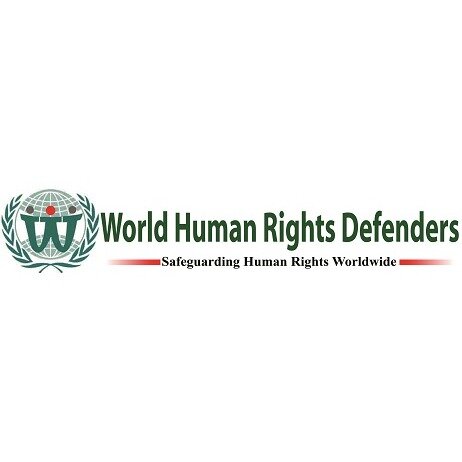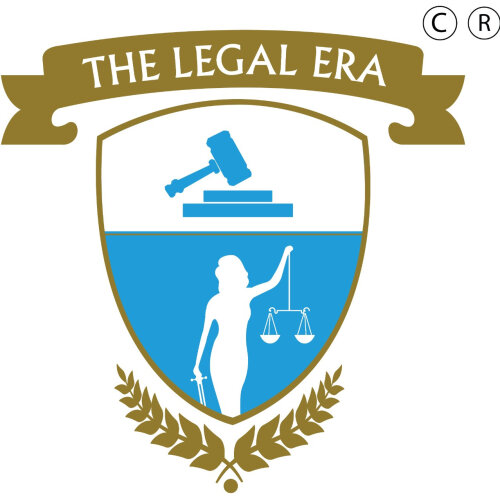Best Discrimination Lawyers in Bangladesh
Share your needs with us, get contacted by law firms.
Free. Takes 2 min.
Or refine your search by selecting a city:
List of the best lawyers in Bangladesh
About Discrimination Law in Bangladesh
Discrimination in Bangladesh refers to the unfair treatment of individuals based on categories like race, gender, religion, age, disability, or socioeconomic status. Despite efforts to improve the situation, societal norms and traditional biases continue to perpetuate inequality. Bangladesh's legal system draws from its constitution, which prohibits discrimination and mandates equality before law. However, challenges persist in enforcing these rights due to lack of awareness, resources, and institutional inefficiencies.
Why You May Need a Lawyer
Having legal assistance can be crucial in situations where one experiences or witnesses discrimination. Common scenarios include workplace discrimination based on gender or disability, unequal access to resources or services due to caste or religion, harassment or bullying, and denial of rights as prescribed by law. A lawyer specializing in discrimination can provide guidance, represent you in court, and help navigate complex legal frameworks to ensure justice is served.
Local Laws Overview
The Constitution of Bangladesh is the cornerstone of anti-discrimination law, emphasizing equality and non-discrimination. Key legislative frameworks include the Labour Act 2006, which addresses workplace discrimination, and the Dowry Prohibition Act that seeks to eliminate gender-based financial exploitation. Furthermore, there are policies and provisions aimed at protecting minority groups, women, and children. However, enforcement remains inconsistent, necessitating advocacy and legal recourse.
Frequently Asked Questions
What forms of discrimination are illegal in Bangladesh?
In Bangladesh, discrimination based on sex, race, religion, caste, and place of birth is prohibited by the Constitution. Additional laws address specific contexts such as employment and education.
How can I prove discrimination occurred?
Proving discrimination can involve gathering evidence such as documentation, witness statements, or records of discriminatory practices. Legal assistance can help in building a robust case.
What should I do if I face discrimination at work?
If you experience workplace discrimination, document all instances, report to your HR department or a superior, and consider consulting a lawyer for legal action or mediation.
Are there any specific laws against gender discrimination?
Yes, laws like the Labour Act 2006 and The Domestic Violence (Prevention and Protection) Act 2010 offer protections against gender-based discrimination and violence.
What is the role of the Human Rights Commission in handling discrimination?
The National Human Rights Commission in Bangladesh aims to promote and protect human rights, including addressing discrimination through advocacy, investigation, and policy recommendations.
Can I file a complaint with the police regarding discrimination?
Yes, police complaints can be filed for incidents involving criminal discrimination acts. However, legal counsel can better navigate charges that are civil in nature.
Is there any legal aid available for people who cannot afford a lawyer?
Yes, the government and several NGOs provide legal aid for disadvantaged individuals, helping them access justice and legal representation.
How can women protect themselves from discrimination?
Women can join advocacy groups, seek legal counsel, and engage with community programs focused on women's rights to combat discrimination.
What should minorities know about their rights?
Minorities should be aware of constitutional guarantees of equality, their right to freedom from discrimination, and the availability of redress through legal channels.
What are the challenges in enforcing anti-discrimination laws?
Challenges include societal norms, limited awareness of rights, resource constraints, and institutional inefficiencies in law enforcement.
Additional Resources
For additional support and resources, consider connecting with organizations like Ain o Salish Kendra (ASK), Bangladesh Legal Aid and Services Trust (BLAST), and the National Human Rights Commission (NHRC). These organizations offer legal aid, advocacy, and information on discrimination issues.
Next Steps
If you need legal assistance due to discrimination, start by documenting your experiences and seeking initial advice from a legal professional or support organization. Contact organizations like BLAST or ASK for legal aid if financial resources are a concern. Consider exploring mediation or legal action based on the severity and nature of your case, and stay informed about your rights and available legal protections.
Lawzana helps you find the best lawyers and law firms in Bangladesh through a curated and pre-screened list of qualified legal professionals. Our platform offers rankings and detailed profiles of attorneys and law firms, allowing you to compare based on practice areas, including Discrimination, experience, and client feedback.
Each profile includes a description of the firm's areas of practice, client reviews, team members and partners, year of establishment, spoken languages, office locations, contact information, social media presence, and any published articles or resources. Most firms on our platform speak English and are experienced in both local and international legal matters.
Get a quote from top-rated law firms in Bangladesh — quickly, securely, and without unnecessary hassle.
Disclaimer:
The information provided on this page is for general informational purposes only and does not constitute legal advice. While we strive to ensure the accuracy and relevance of the content, legal information may change over time, and interpretations of the law can vary. You should always consult with a qualified legal professional for advice specific to your situation.
We disclaim all liability for actions taken or not taken based on the content of this page. If you believe any information is incorrect or outdated, please contact us, and we will review and update it where appropriate.
Browse discrimination law firms by city in Bangladesh
Refine your search by selecting a city.















